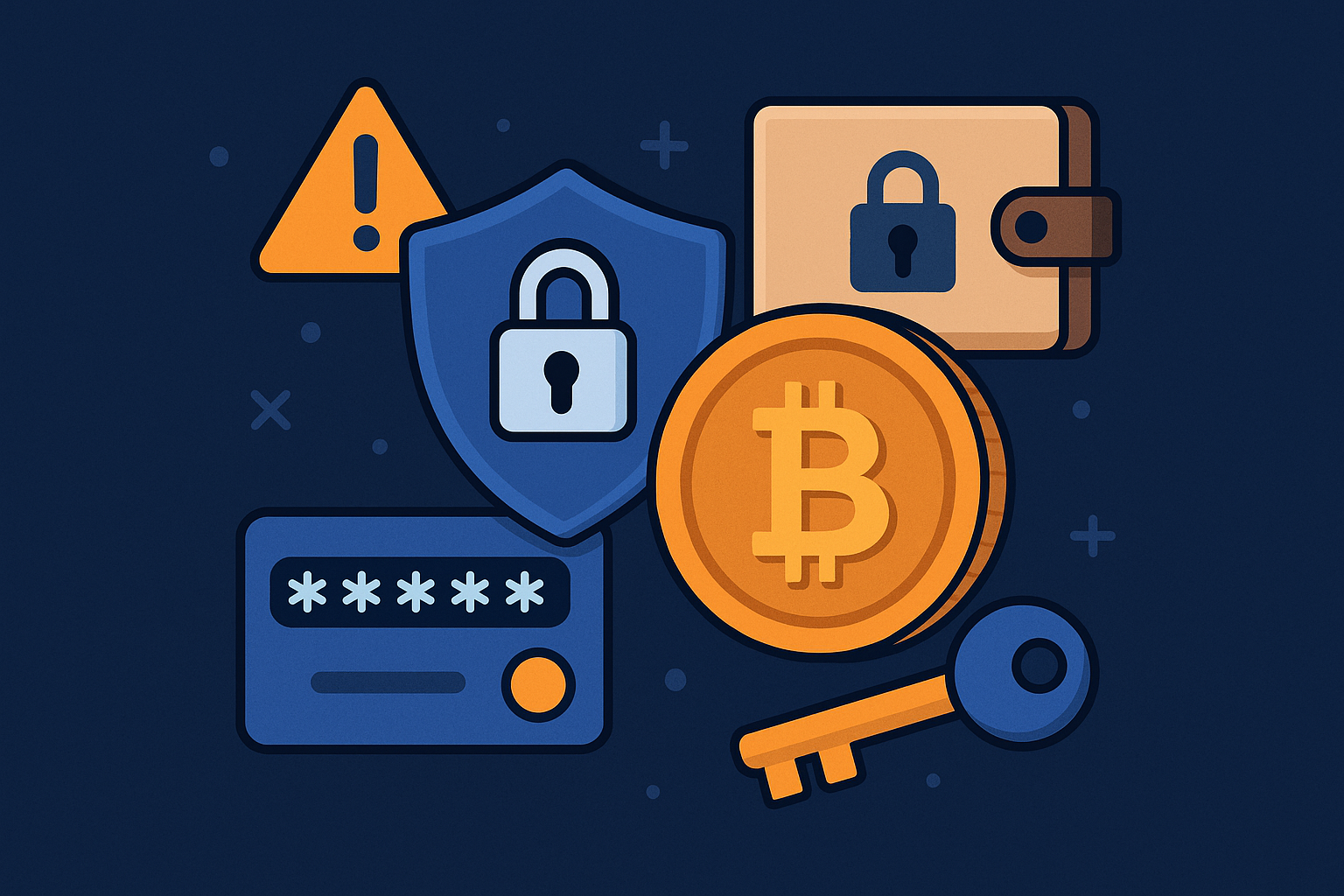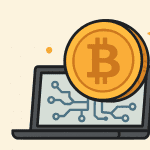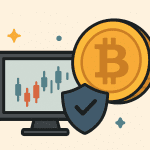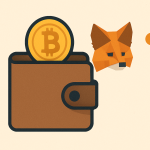Starting your journey into cryptocurrency is exciting, but it also comes with risk. Just like with online banking or shopping, you need to protect yourself from hackers, scams, and simple mistakes.
In this beginner-friendly article, you’ll learn the top security tips every new crypto user should follow to keep their crypto safe.
Contents
- 1 1. Never Share Your Seed Phrase
- 2 2. Use a Trusted Wallet
- 3 3. Enable Two-Factor Authentication (2FA)
- 4 4. Use a Strong, Unique Password
- 5 5. Beware of Phishing Scams
- 6 6. Verify Before Connecting Your Wallet
- 7 7. Avoid Using Public Wi-Fi for Transactions
- 8 8. Store Large Amounts in a Hardware Wallet
- 9 9. Double-Check Before Sending
- 10 10. Keep Software Up to Date
- 11 Bonus: Stay Informed
- 12 Final Thoughts
Your seed phrase (also called a recovery phrase) is the most important part of your wallet. It’s a list of 12 or 24 words that gives full access to your crypto.
🔒 Security Tip:
-
Write it down and store it offline
-
Never save it on your phone or computer
-
Don’t share it with anyone — not even support staff
If someone gets your seed phrase, they can steal all your funds.
2. Use a Trusted Wallet
There are many crypto wallets out there. Choose one that is well-known and secure, like:
Avoid unknown apps or browser extensions. They could be fake.
3. Enable Two-Factor Authentication (2FA)
2FA adds an extra layer of security to your exchange or wallet login. Even if someone gets your password, they can’t log in without your second code.
🔒 Security Tip:
-
Use apps like Google Authenticator or Authy
-
Avoid SMS 2FA — it can be hacked through SIM swap attacks
4. Use a Strong, Unique Password
Don’t use the same password you use for social media or email. If one site gets hacked, all your accounts are at risk.
🔒 Security Tip:
-
Use a password manager like Bitwarden or 1Password
-
Make your password at least 12 characters long with numbers, letters, and symbols
5. Beware of Phishing Scams
Phishing scams try to trick you into giving away your info by pretending to be real websites, wallets, or support teams.
🚩 Red flags:
-
Emails or messages asking for your seed phrase or password
-
Fake websites that look like real ones (check the URL!)
-
Telegram or Discord “support” that contacts you first
Always go directly to official websites — don’t trust links from strangers.
6. Verify Before Connecting Your Wallet
Many dApps (decentralized apps) ask to connect to your wallet. Some are safe, others are not.
🔒 Security Tip:
-
Only connect to trusted platforms
-
Read what permissions the site is requesting
-
Revoke access to dApps you no longer use (you can do this on Etherscan or BscScan)
7. Avoid Using Public Wi-Fi for Transactions
Public Wi-Fi can be unsafe. Hackers can spy on your connection and steal your data.
🔒 Security Tip:
-
Use a VPN or mobile data for safer access
-
Never send crypto or access wallets on public computers
8. Store Large Amounts in a Hardware Wallet
If you’re holding a lot of crypto, use a hardware wallet. It stores your private keys offline, away from hackers.
Popular choices include:
-
Ledger Nano S / X
-
Trezor One / Model T
These wallets are like a safe for your crypto.
9. Double-Check Before Sending
Crypto transactions are final. If you send to the wrong address, you can’t get it back.
🔒 Security Tip:
-
Always copy and paste addresses (don’t type)
-
Double-check the first and last few characters
-
Try sending a small test amount first
10. Keep Software Up to Date
Make sure your wallet app, browser, and operating system are all updated. Updates often fix important security issues.
Bonus: Stay Informed
Crypto is always changing. Stay up to date with security news and learn from others’ mistakes.
Follow trusted sources like:
-
CoinDesk
-
CoinTelegraph
-
Binance Academy
Final Thoughts
Crypto gives you control over your money — but it also means you’re responsible for keeping it safe.
By following these simple tips, you’ll avoid the most common beginner mistakes and enjoy your crypto journey with confidence:
✅ Protect your seed phrase
✅ Use strong passwords and 2FA
✅ Stay alert for scams
✅ Use secure wallets and tools




